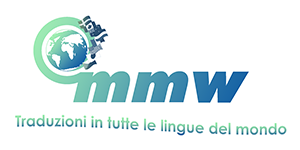Herami

Herami was created by Hermes Saucedo, who likes to create alphabets in his
free time. This one in particular was recently rescued from his old sketchbooks,
and he decided to digitise it after a little “cleanup”. After studying Tengwar
by Tolkien and Old English alphabets (including Runic alphabets), he began to
create something similar to them, but adapted and simplified it to his native
language, Spanish.
Originally he used only the phonetic consonants in Spanish, but later he
decided to include all the Latin alphabet to make it more universal. So Herami
can be used to write in any language that uses Latin alphabet, or used
to write in any language using phonetic approximation.
Vowels are written as diacritics above the consonants, and the consonants are
read first. If the vowel has no preceding consonant or needs special intonation,
a carrier is used to denote a voiceless consonant, to support the diacritic of
the vowel, and in some cases, and to give an accent or intonation to the vowel.
This the same system as the Quenya mode for Tolkien’s Tengwar.
The two types of vowels represent the same sounds and their the difference
between is for aesthetic purposes.
Notable Features
- Direction of writing: left to right in horizontal lines.
- Vowels are written as diacritics above the consonants. The consonants always
precede the vowels. - Special carriers are used for special intonations or accents that affect the vowels.
- At most two vowels can be written as diacritics above one consonant, in cases
of more than two vowels together, an extra carrier is used. - Herami can be written in two modes:
- Literal mode: using literal transcription of the Latin alphabet.
- Phonetic mode: using IPA sound approximation so the consonants and vowels can be
phonetically reassigned to match every language. In this mode one has to make an
extra IPA transliteration.
Herami script
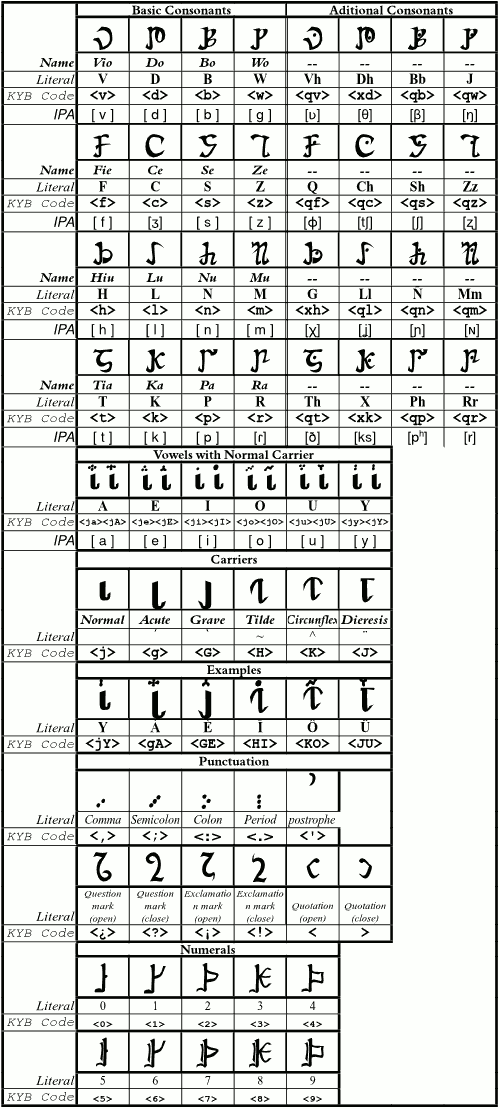
Sample texts
Spanish (literal)
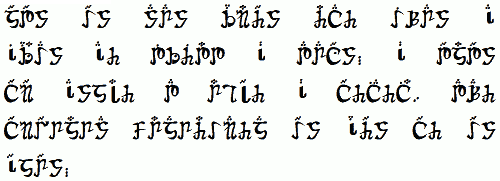
Spanish Phonetic (Mexico)
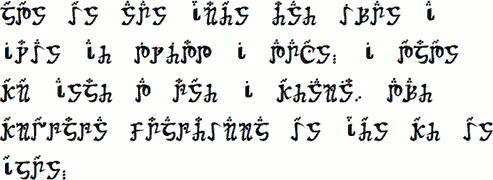
Spanish transliteration
Todos los seres humanos nacen libres e iguales en dignidad y derechos.
Y dotados como están de razón y conciencia, deben comportarse fraternalmente
los unos con los otros.
English version
All human beings are born free and equal in dignity and rights. They
are endowed with reason and conscience and should act towards one another
in a spirit of brotherhood.
(Article 1 of the Universal Declaration of Human Rights)
Artistic samples
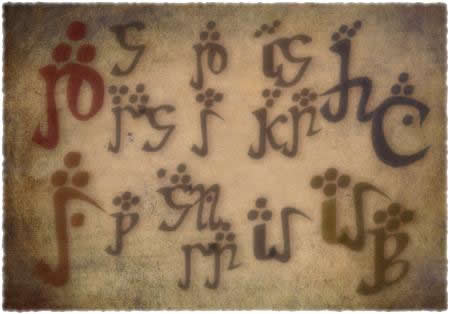
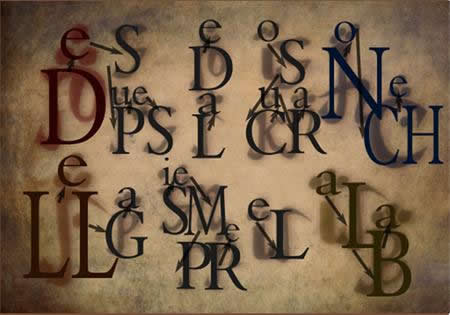
Spanish version
Después de la oscura noche, llega siempre el alba.
English version
After the dark night, always comes the dawn.
